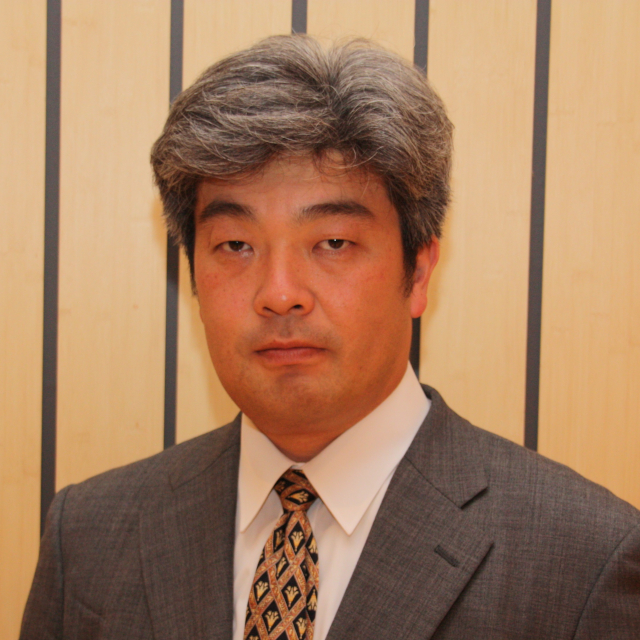Stopping the invasion by the power of international order
Stopping the invasion by the power of international order
March 10, 2022
Kazuto Suzuki
Collaborating Researcher, Slavic-Eurasia Research Center, Hokkaido University
Professor, The University of Tokyo
After two World Wars, the United Nations (UN) was established to ensure that such tragedies would not be repeated. Article 2, Paragraph 4 of the UN Charter outlawed the “threat or use of force” and guaranteed “territorial integrity or political independence.” However, that principle has now been trampled upon by Russia, a permanent member of the Security Council. Russia’s action is not acceptable, and the international community should unanimously condemn this barbaric act and seek to restore order as soon as possible.
But what can be done against a nuclear-weapon state determined to invade another country by force? In mid-February, when Russia’s military pressure on Ukraine increased, the United States and other North Atlantic Treaty Organization (NATO) countries soon clarified that they would not intervene militarily, but would deter Russia’s actions by countermeasures such as economic sanctions.
However, this did not stop President Putin, who intended to use even military force to invade Ukraine and ultimately overthrow the government or annex it to Russia. Neither social sanctions nor the threat of economic sanctions by the West served as a sufficient “deterrent” for Putin, who believes only in the “logic of force” supported by his powerful military.
So, what other options did the West have? If NATO were to provide military support and fight alongside Ukraine against Russia, the situation could ultimately escalate to a nuclear war between the United States and Russia. A direct confrontation with Russia could lead to the annihilation of the world. For this reason, NATO countries have carefully avoided entering a state of war with Russia. This is understood, to a certain extent, by the leaders of the Zelenskyy administration in Ukraine and the Ukrainian people.
So, is there nothing we can do but continue to watch as Russia invades Ukraine, and much blood is spilled? No, that is not the case. Western nations and the international community have no choice but to create “other logic of force” to counter President Putin’s “logic of force.”
That “other logic of force” is, first of all, self-defense by the Ukrainian military and people. Against Russia, which has overwhelming firepower and air superiority, the Ukrainian military has been extremely strong, and has prevented Russian forces from conducting operations as it had envisioned. To enhance its self-defense capabilities, arms should be provided to Ukraine, particularly anti-tank guns, anti-helicopter mobile missiles, and other weapons that counter the superiority of the Russian military. Countries that have previously taken a cautious stance on arms transfers, such as Germany and Sweden, have now changed their stance. The international community should provide more active support. Another method would be to slow down the Russian military by actively disclosing information on its movements. However, there is also a strong possibility that the Russian military will escalate its attacks with indiscriminate bombings and other actions.
Therefore, the second “other logic of force” is to change the state of power within Russia by disrupting its economy and society through economic sanctions. At this point, economic sanctions are meant to be an economic coercive force that will disrupt the Russian economy, cause many people to become dissatisfied with Putin regime, raise the cost of continuing the war, and sway the supporters of the regime. The goal is to make them realize that if they do not repudiate Putin’s power, change the regime, and stop the use of force, they will be in trouble.
The third “other logic of force” is the resilience of the international order. In the absence of a world government, the international community can be stabilized when nations voluntarily follow the rules and act accordingly. If some countries break those rules, such as Russia, the world will become unstable, and people will not be able to live in peace; such a high-stress situation will not last. People will finally realize that it is best to cooperate and coexist rather than to confront each other. To ensure that realization comes as soon as possible, we should uphold international rules and work with Russia to create the strength to restore the international order.
Kazuto Suzuki is a Collaborating Researcher at the Slavic-Eurasia Research Center, Hokkaido University and a Professor at The University of Tokyo. He is an expert in international political economy, science and technology, security, and space policy.
This commentary is the author’s personal views and does not represent the views of the University.
This commentary was originally published in the Japanese newspaper Hokkaido Shinbun on March 10, 2022.
Back to the commentary main page

